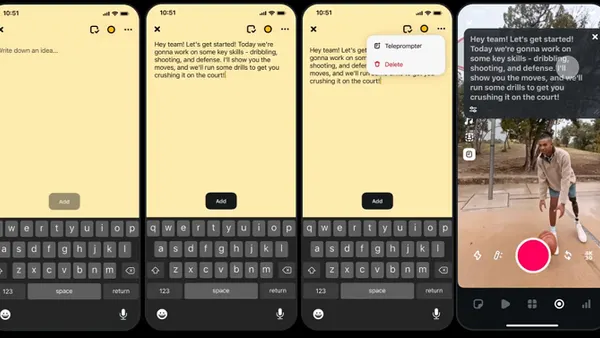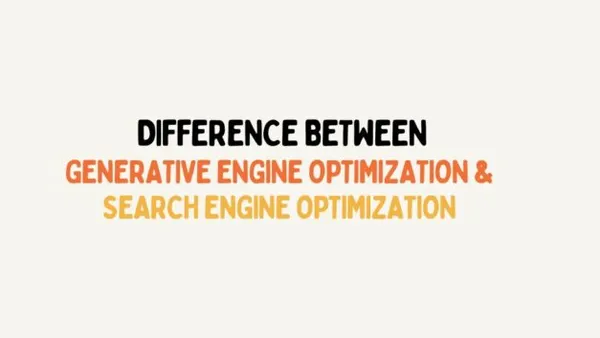Like many other media geeks, I've been observing the events of the SXSW festival from affair via Twitter tweats, Qik video streams, blogs and traditional media coverage. So far, at least two major sessions (Sarah Lacy's interview of Facebook founder Mark Zuckerberg and the Social Marketing Strategies Metrics panel) have fallen pray to audience revolt. By all accounts, in both cases back channel chat rooms and Twitter helped accelerate the dissatisfaction.
Now, not being in Austin I realize that I'm getting an incomplete picture of what things are really like in the conference rooms there, but I was struck by the apparent contrast between the vibe there and that of unconferences such as Podcamp Toronto, held a few weeks ago at Ryerson University.
Unconferences are "self-organizing" events where anyone can put on a session or panel. A major principle of unconferences is that the room, taken as a whole, is generally smarter than the person on the stage. A certain amount of chaos is embraced and even welcomed. In Toronto in particular this year, I was witness to a number of situations where Twitter back-channel played a pivotal part in moving the conversation forward, rather than becoming a distraction or disruption.
While I understand it would be difficult to allow a big event like SXSW to become completely self-organizing, I can't help but wonder if embracing some unconference principles wouldn't have helped some of these sessions turn out for the better.
What do you think?
To see the original post and more from Jay Moonah, please check out
Media Driving, a communications blog & podcast.










